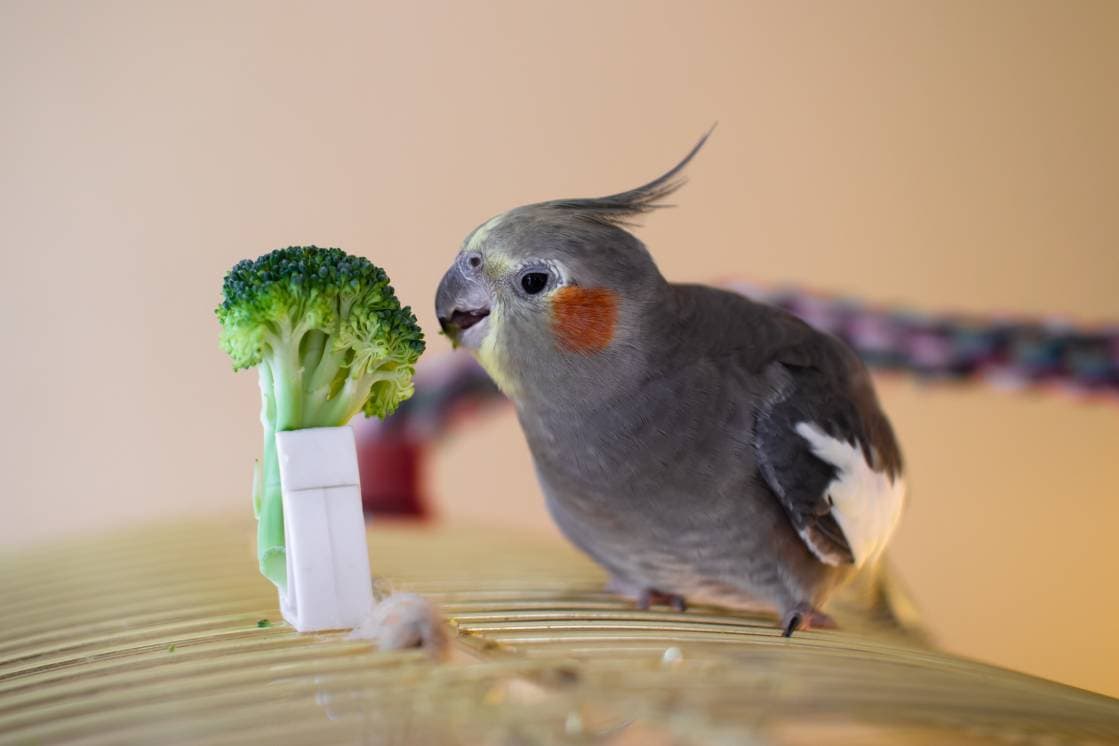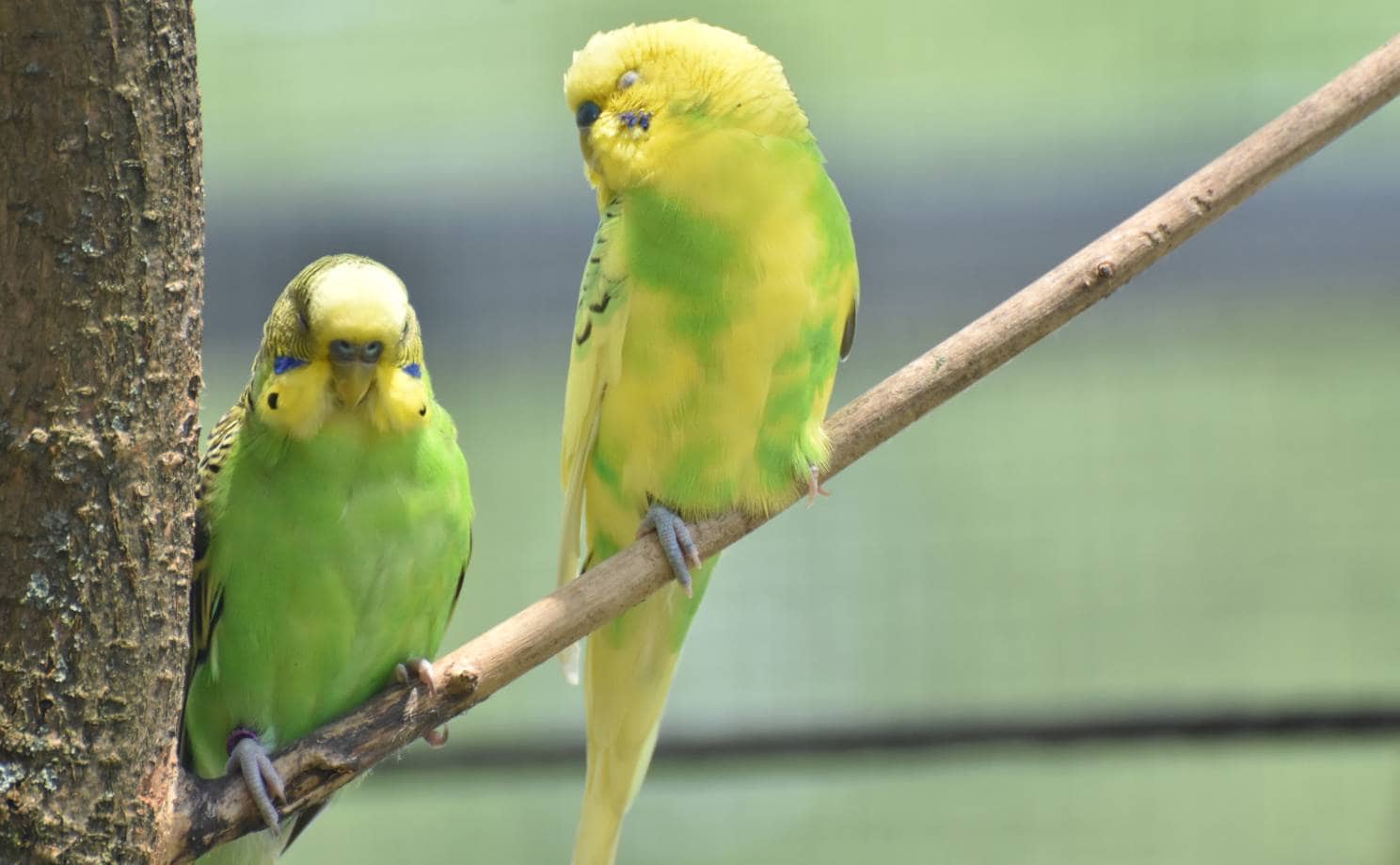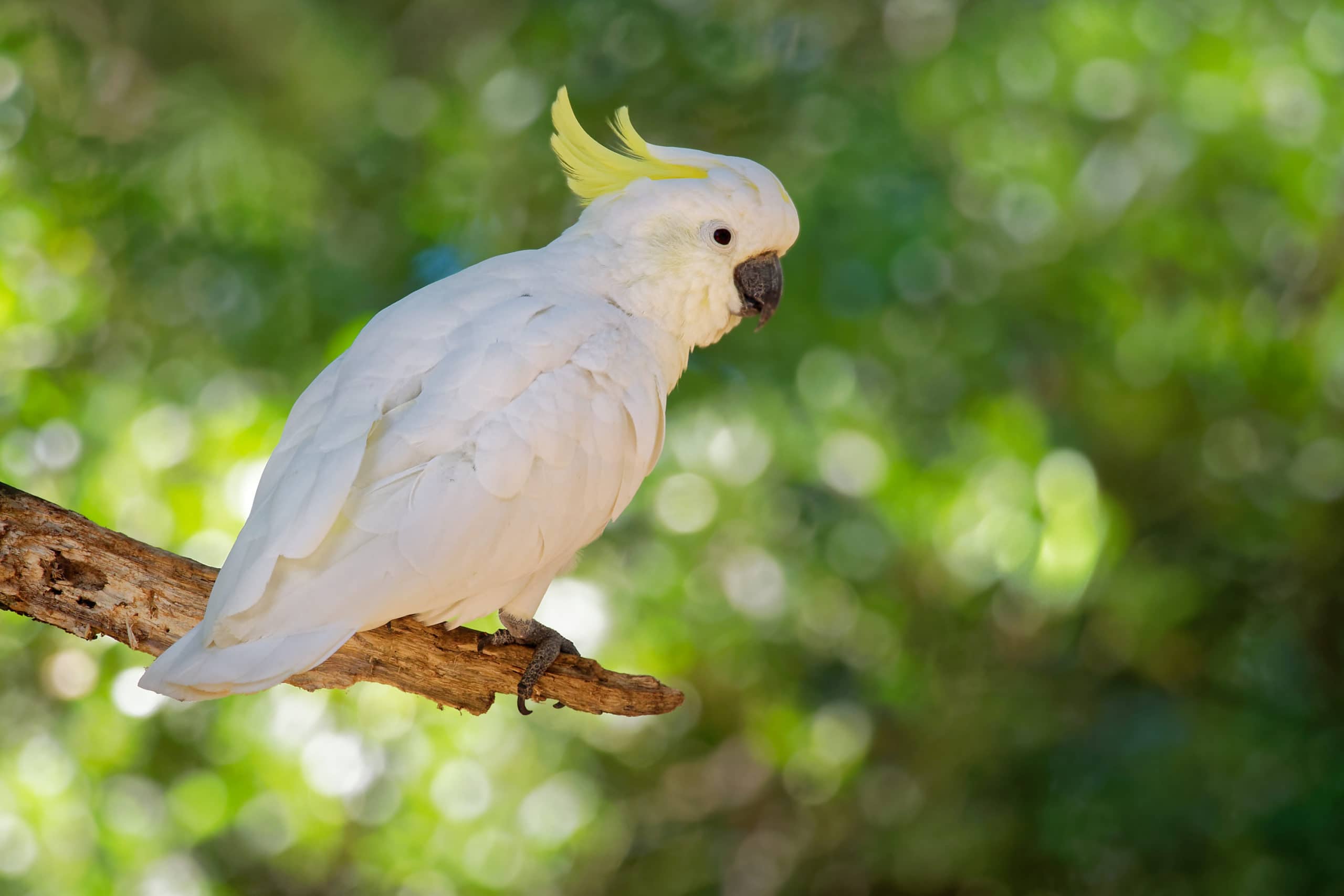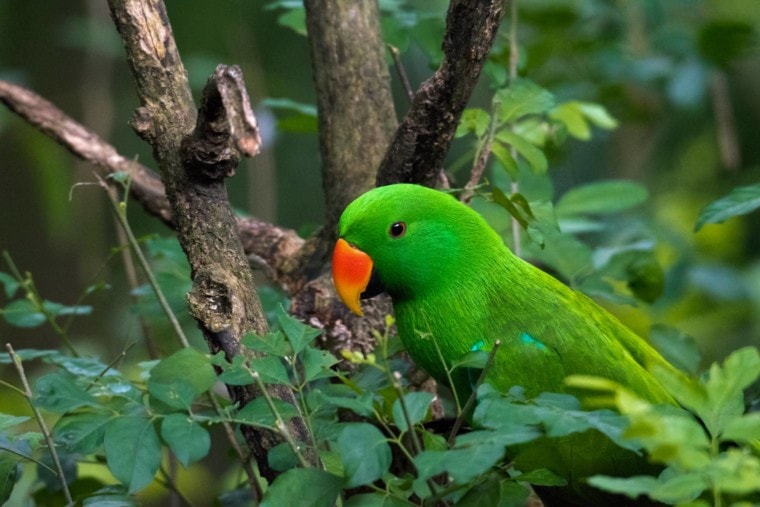
Click to Skip Ahead
The intelligence, beauty, and social nature of parrots have captivated humans for centuries. Historical records tell us that pet birds were kept by people in ancient Egyptian, Greek, and Roman times.
In the right environment, parrots can make excellent, highly interactive, affectionate, and entertaining pets. However, they are high-maintenance pets that can be challenging to care for.
There are hundreds of different species of parrots distributed around the world. They vary in size from small to large and can live quite a long time. A parrot’s lifespan is usually based on their species. That being said, most parrots can easily live for about 15-20 years; the larger parrots can more than double this estimate. Parrot owners need to be aware of the longevity of their birds so they can be prepared to provide the proper care throughout the animal’s lifetime.

Common Pet Parrots by Size & Lifespan
There are a variety of different species of parrots in the pet trade. The average lifespan of these pet parrots is dependent on the species. The following are lists of several birds of various sizes and life expectancies. Remember, though, there are sub-species within these groups, and lifespans can vary accordingly.
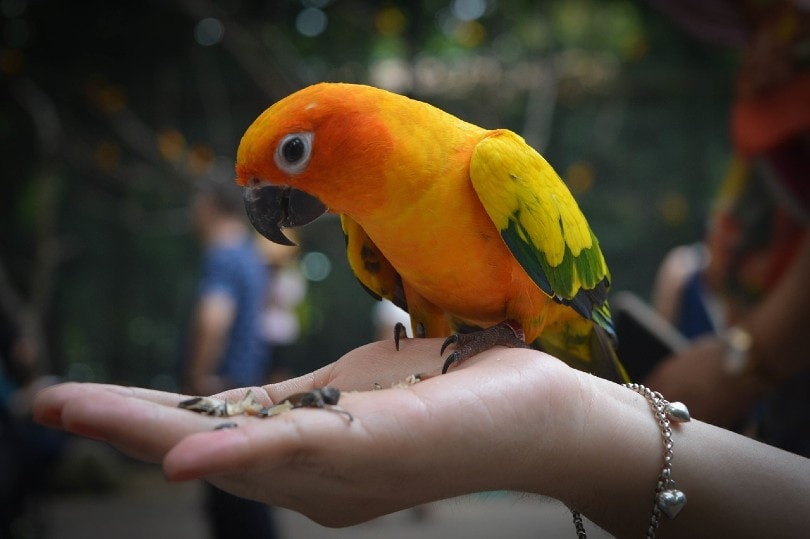
1. Small Sized-Parrots
| Budgerigar (Budgie): | 10-15 years (average), 21 years (record) |
| Cockatiel: | 15-20 years (average), 35 years (record) |
| Fischer’s Lovebird: | 6-10 years (average), 12.6 years (record) |
| Green Rumped Parrotlet: | 6-8 years (average), 11.6 years (record) |
2. Medium-Sized Parrots
| White-bellied parrot: | 15-20 years (average), 26 years (record) |
| Blue-crowned conure: | 20–25 years (average), 31 years (record) |
| Rainbow lorikeet: | 10–15 years (average), 20.6 years (record) |
| Alexandrine parakeet: | 20–25 years (average), 30 years (record) |
| Blue-headed parrot: | 12-15 years (average), 20.6 years (record) |
| Senegal parrot: | 25–35 years (average), 20 years (record) |
3. Large-Sized Parrots
| African grey parrot: | 35–45 years (average), 49.7 years (record) |
| Blue-fronted amazon parrot: | 35–45 years (average), 49 years (record) |
| Sulfur-crested cockatoo:: | 40–55 years (average), 57 years (record) |
| Eclectus: | 20-25 years (average), 28.5 years (record) |
| Hawk-Headed Parrot: | 12-15 years (average), 21.8 years (record) |
| Scarlet macaw: | 25-30 years (average), 33 years (record) |

Why Do Some Parrots Live Longer Than Others?
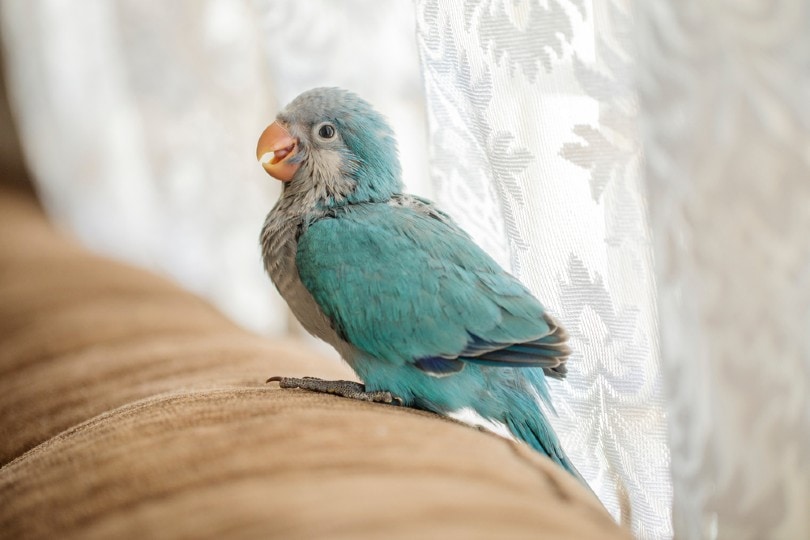
1. Species
The lifespan of a parrot is variable by species. There are hundreds of different species and subspecies of parrots, some with short lifespans and others with lifespans that nearly match those of humans.
2. Diet

Proper diet and nutrition are very important factors in determining a parrot’s lifespan. In captivity, it is up to the bird’s human caretakers to ensure that they are being fed a proper base food, along with a variety of fresh foods. Dietary needs will vary from species to species, and it’s always best to consult a veterinarian to ensure that your bird is getting what it needs.
3. Mental Health
Parrots are very intelligent and emotionally complex creatures. In the wild, they spend their days in flocks flying and foraging through the forests. Being placed in an enclosure strips them of their natural behaviors, so parrot owners need to commit to their bird’s social needs and mental stimulation.
Mentally unhealthy birds can scream, bite, pluck their feathers, self-mutilate, lose their appetite, and potentially, die prematurely. Potential parrot owners will want to research their species to learn how to help their birds thrive.
4. Veterinary Care

Proper veterinary care is essential for the health of pet parrots. They will need to see an experienced avian veterinarian for annual check-ups to ensure their overall health and well-being and for any unexpected visits if any concerns were to pop up.
5. Husbandry
Another important factor in a parrot’s lifespan is proper husbandry. Parrot owners will need to ensure that their pets have an appropriately sized cage with plenty of toys, perches, and ladders for exercise and stimulation. Parrots will also need proper grooming and their cage cleaned regularly.
It’s a great idea to bird-proof the home so there are no objects or toxic materials accessible to the parrot that could cause harm.

Do Parrots Live Up to 100 Years?
Large parrots like macaws and cockatoos, are among the longest-living species of parrots. Anecdotally, it has been reported that some individuals have reached over 100 years of age.
The oldest bird on official record according to the Guinness Book of World Records was a pink cockatoo named Cookie. Cookie was 82 years and 89 days old when he passed away on August 27, 2016.
Do Parrots Live Longer in the Wild or as Pets?
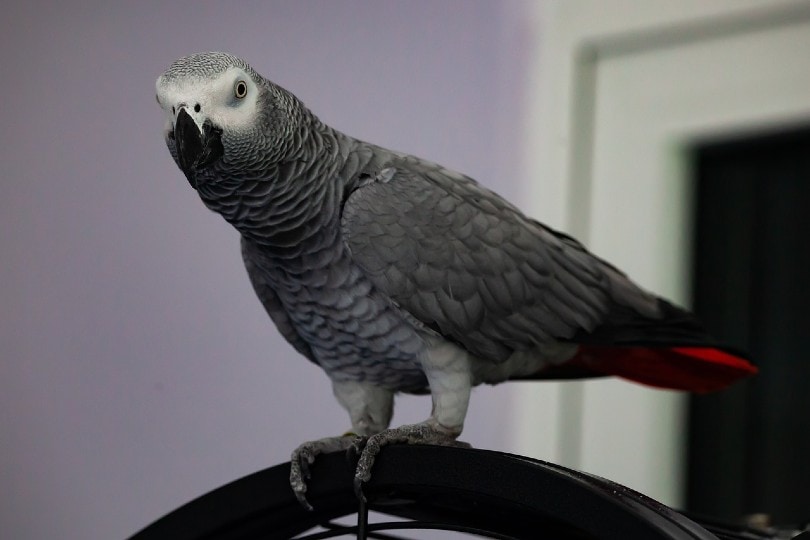
Advancements in veterinary knowledge and pet bird care information has allowed pet birds to enjoy longer lives than their wild counterparts; however, with limited data about the lifespan of wild parrots, this claim might need additional tests to be deemed accurate.
However, pet parrots do need proper care to reach their average to maximum lifespans. They do not have their flock mates available and are unable to exercise as much as their wild counterparts.

In Conclusion
The lifespan of a parrot is dependent on the species and several other important factors, including proper husbandry and veterinary care. There are many parrot species available in the pet trade. Pet parrots tend to live longer than their wild counterparts, though this claim might require additional investigation.
Potential owners will want to ensure that potential life changes will not negatively influence the care and dedication that their parrot will require. Regardless of species, having a parrot as a pet is a long-term commitment that should not be entered into lightly.
Featured Image Credit: KenWongYL, Shutterstock



